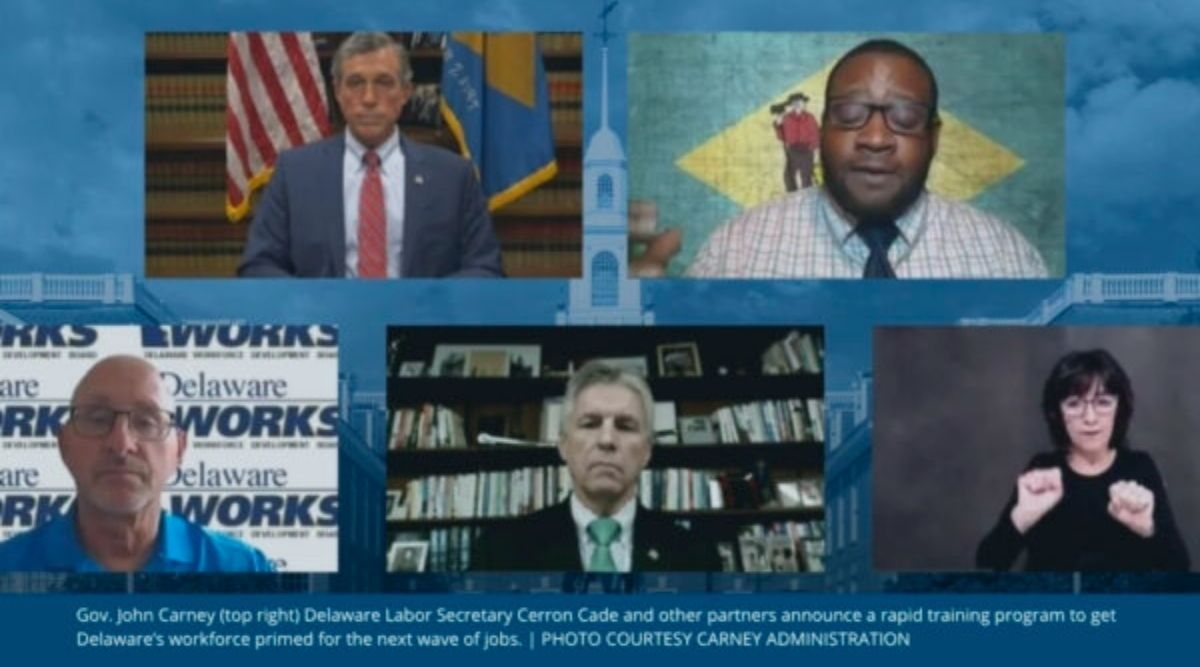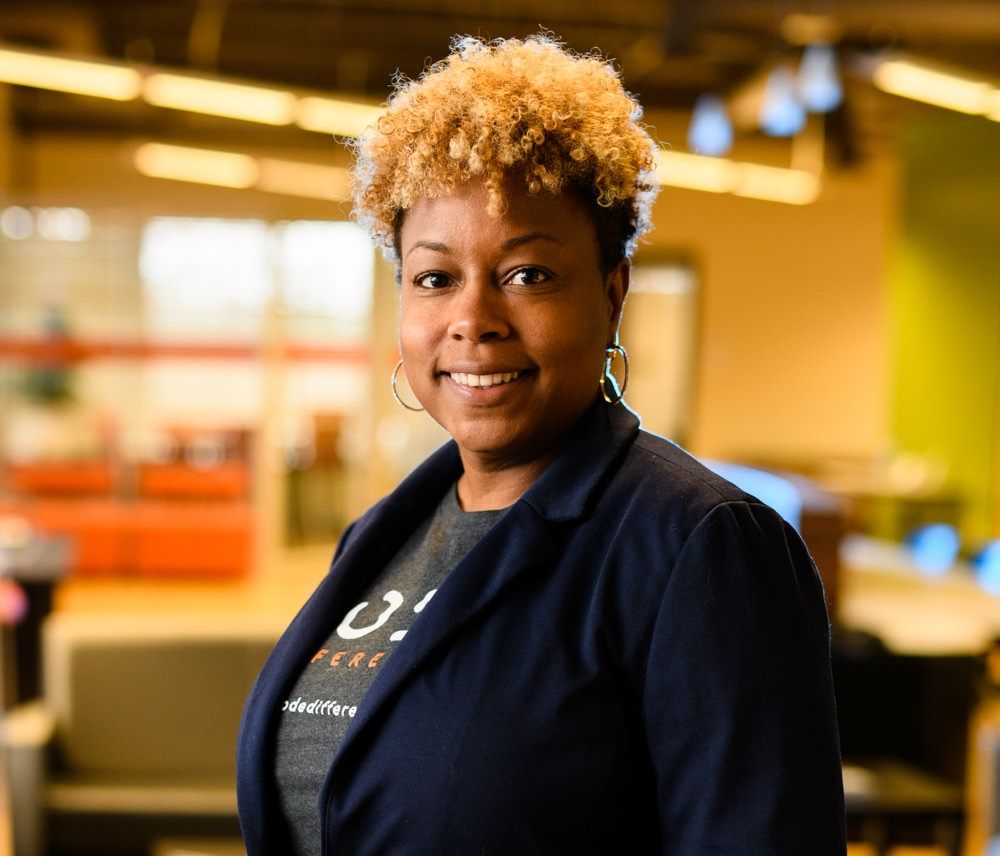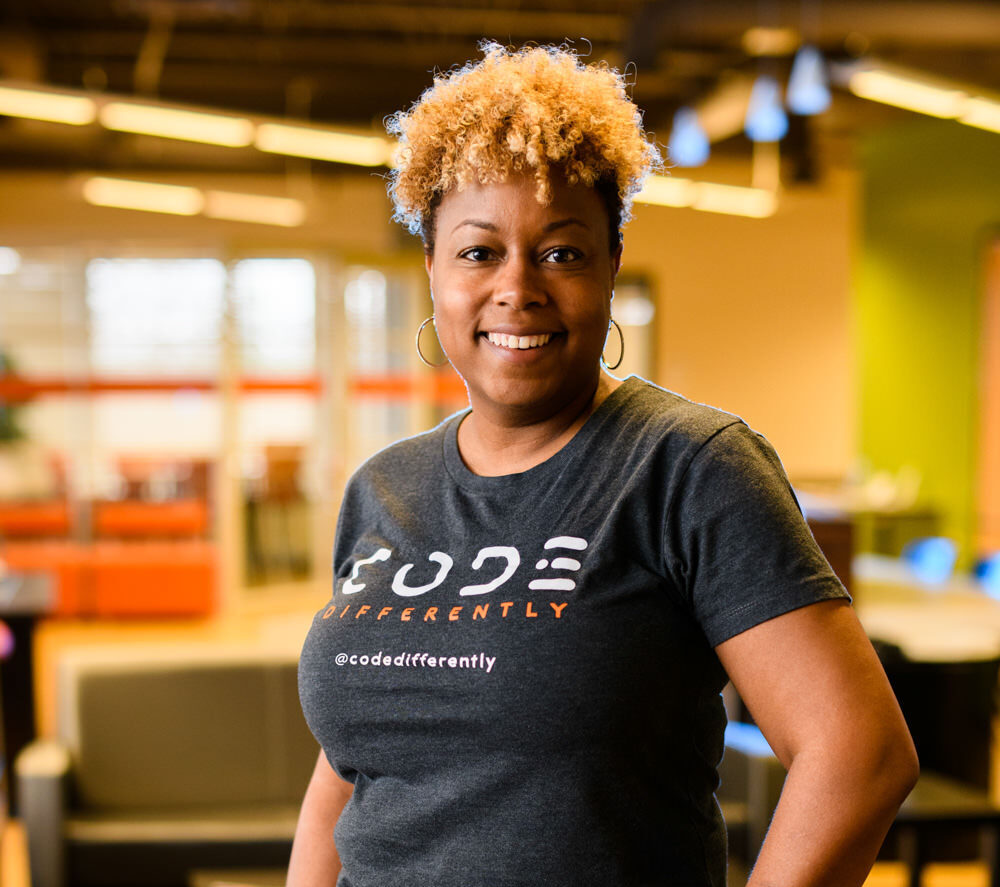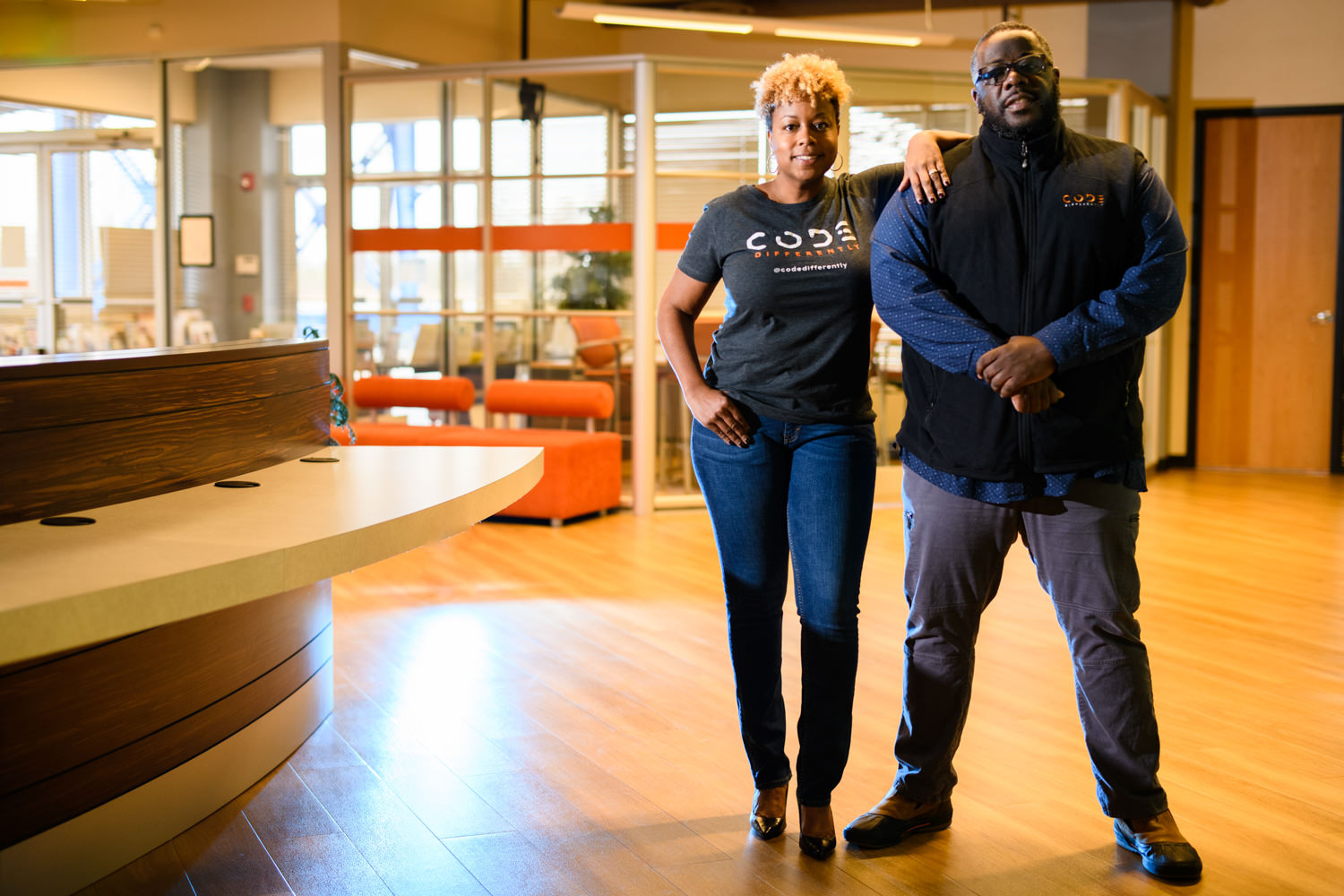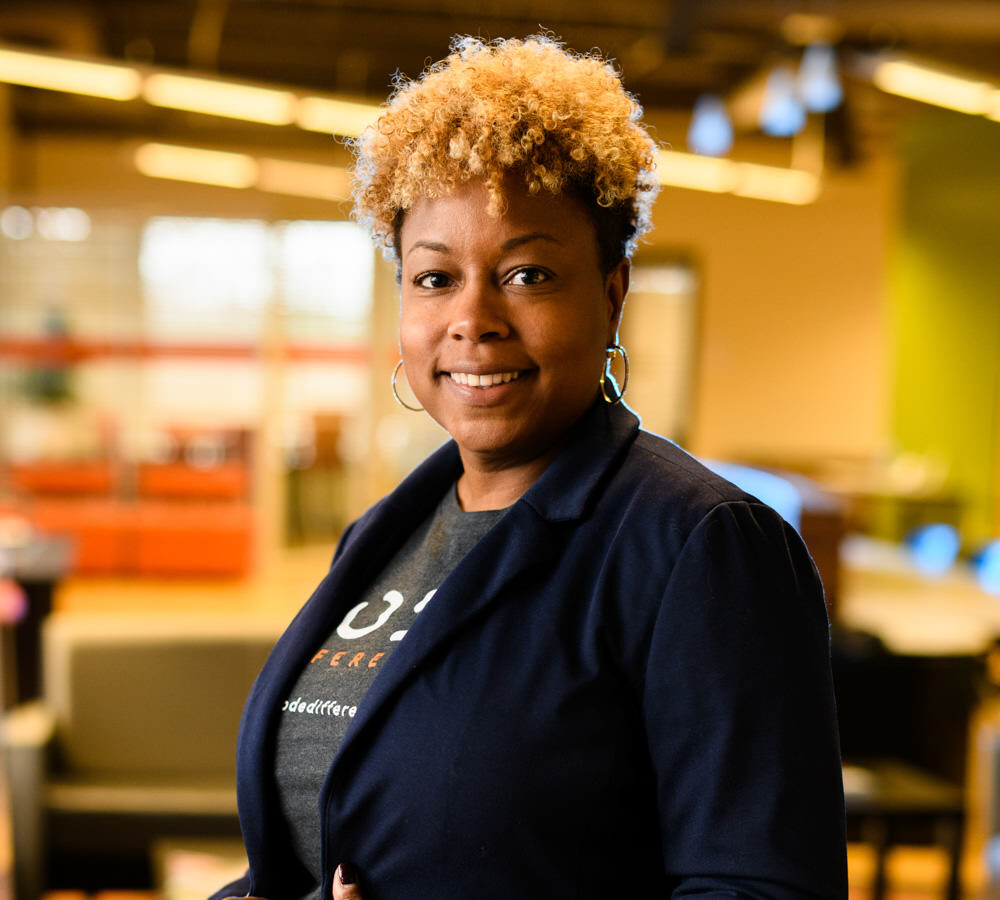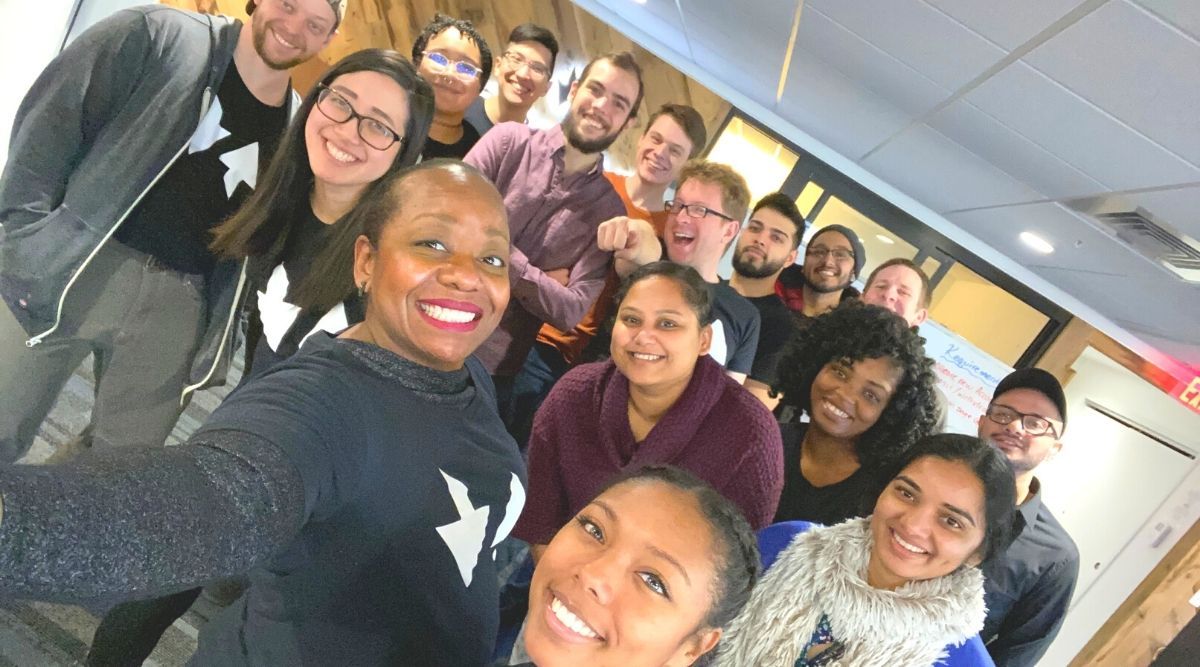Bridging Education and Careers in Delaware
Over the last decade, Delaware has been transforming its educational system to focus on creating strong educational-to-career pipelines, ensuring that students have multiple pathways to success after high school. Through initiatives like Delaware Pathways, the vocational technical schools, and the Student Excellence Equals Degree (SEED) Scholarship, students and adult learners alike have access to quality education and career training programs that align with the needs of the workforce.
A Model for Careers in Delaware
The Delaware Pathways initiative is a collaborative effort connecting education, business, and community leaders to provide students with real-world skills and career exposure. With over 30,000 students enrolled across 89 middle and high schools as of January 2025, Pathways programs span industries such as manufacturing, agriscience, healthcare, STEM, and information technology. These structured career tracks allow students to explore their interests while developing both technical and soft skills, offering them a glimpse into multiple post-secondary opportunities.
A standout feature of Delaware Pathways is its work-based learning component. While requirements vary by school district, students gain hands-on experience through internships, job shadowing, and apprenticeships with local employers. This integration between education and employment not only benefits students but also ensures that Delaware’s industries have access to a skilled workforce, solidifying talent pipelines.
Vocational-Technical Schools: Preparing Students for Careers in Delaware and Beyond
Delaware’s four vocational technical (vo-tech) high schools take career readiness to the next level by offering full-day programs that blend academic coursework with hands-on career training. Unlike some states where vocational training is an alternative track, Delaware’s vo-tech schools offer students traditional high school experience, including sports, extracurricular activities, and prom, while also preparing students for specific trades and professions.
Like Pathways, although often more specialized, each of Delaware’s three vo-tech school districts (one per county) provides students with access to desirable fields to begin their careers in Delaware; such as automotive technology, construction, culinary arts, and health sciences. These programs emphasize industry certifications, co-op experiences, and direct job placements, allowing graduates to enter the workforce immediately or continue their education through dual enrollment programs.
Notably, Delaware’s vo-tech system also extends beyond high school. Adult and continuing education programs provide opportunities for career changers, job seekers, and incumbent workers to upskill and earn new certifications in high-demand fields.
The SEED Scholarship: Making College Affordable
One of Delaware’s most transformative education policies is the Student Excellence Equals Degree (SEED) scholarship, which offers free tuition for Delaware high school graduates at Delaware Technical Community College (DelTech), University of Delaware, Delaware State University, and Goldey-Beacom College (qualifications and restrictions vary by college and university). Originally designed for recent high school graduates, SEED was expanded in 2021 to include Delaware residents of all ages, making higher education more accessible than ever.
Additionally, with over 200 transfer agreements between DelTech and four-year universities, students can complete an associate degree at no cost before completing a bachelor’s degree. This approach reduces student loan debt and increases college completion rates, ensuring that Delaware remains competitive in upskilling and connecting its workforce to educational opportunities.
Beyond High School: Workforce Development and Lifelong Learning
Delaware’s commitment to workforce development and lifelong learning has been further strengthened by Governor Matt Meyer’s recent Executive Order #1, signed on January 21, 2025. This order establishes a statewide working group led by the Delaware Department of Education, comprising members from labor, educational, and non-governmental sectors. The group’s mission is to develop processes and policies aimed at expanding youth apprenticeships and workforce development programs across the state.
Governor Meyer emphasized the importance of these initiatives, stating, “Workforce development programs for youth are integral to growing Delaware’s economy in a way that all families can prosper.” By fostering collaboration among various stakeholders, Delaware aims to create a more efficient and sustainable 21st-century economy, ensuring that both students and adult learners are well-prepared for the evolving job market.
Delaware’s approach to education and workforce development reflects a commitment to providing students and adult learners with the resources they need to succeed in an evolving economy. By integrating career exploration, technical education, and affordable higher education through initiatives like Delaware Pathways, vocational-technical schools, and the SEED Scholarship, the state is creating multiple entry points into rewarding careers. Further, with policies like Governor Matt Meyer’s Executive Order #1, Delaware is doubling down on youth apprenticeships and workforce development, ensuring that its talent pipeline remains strong and aligned with industry needs.


